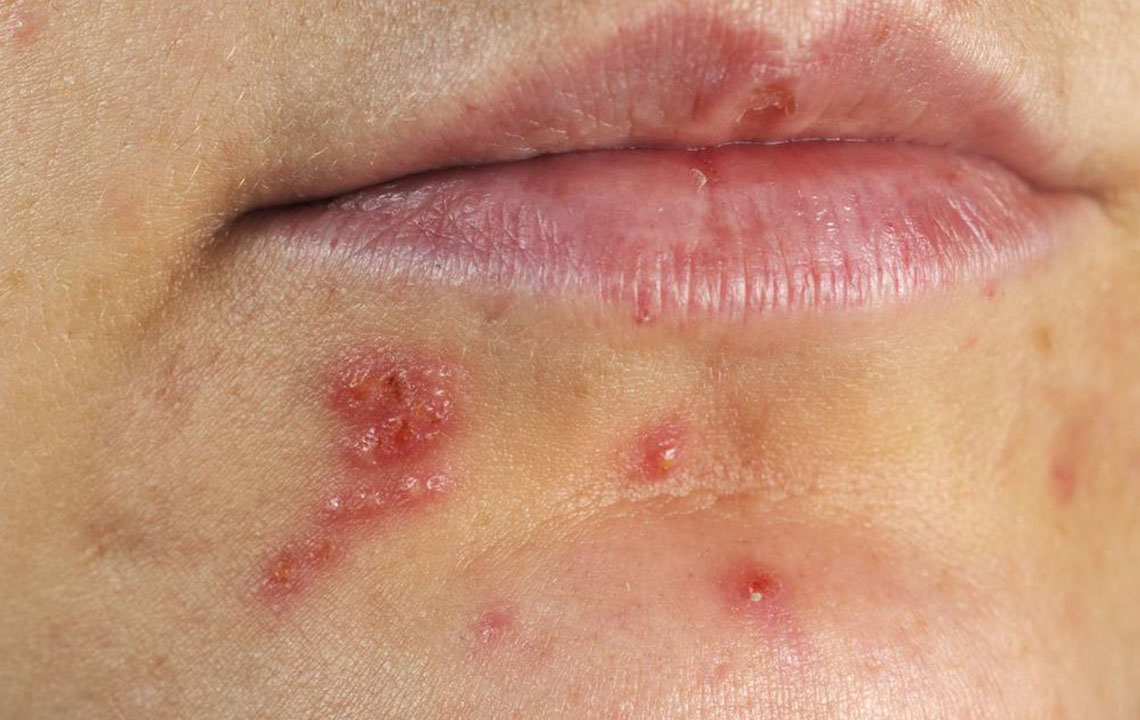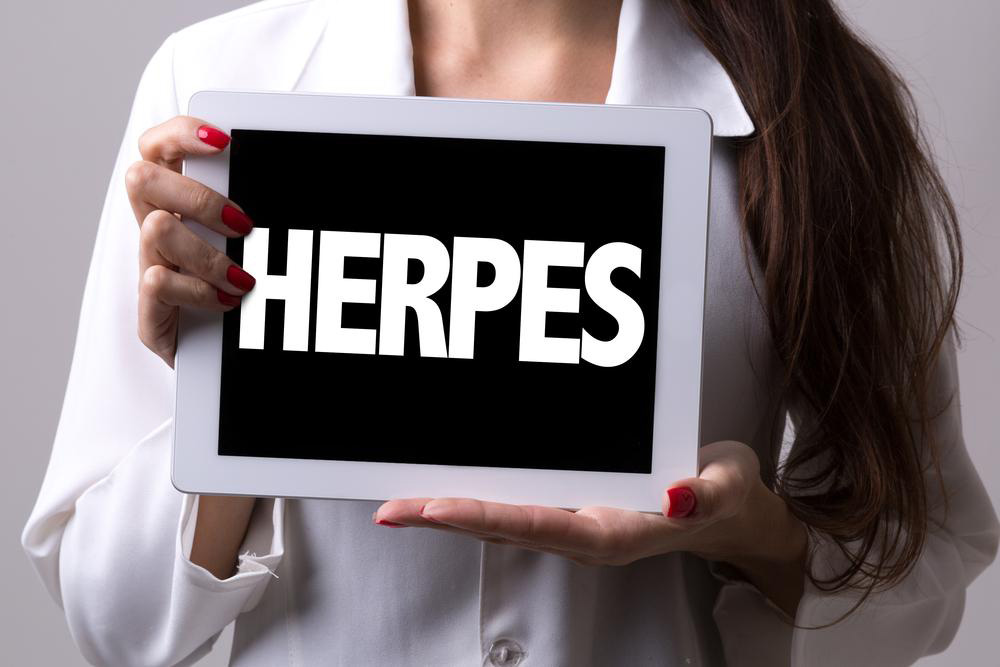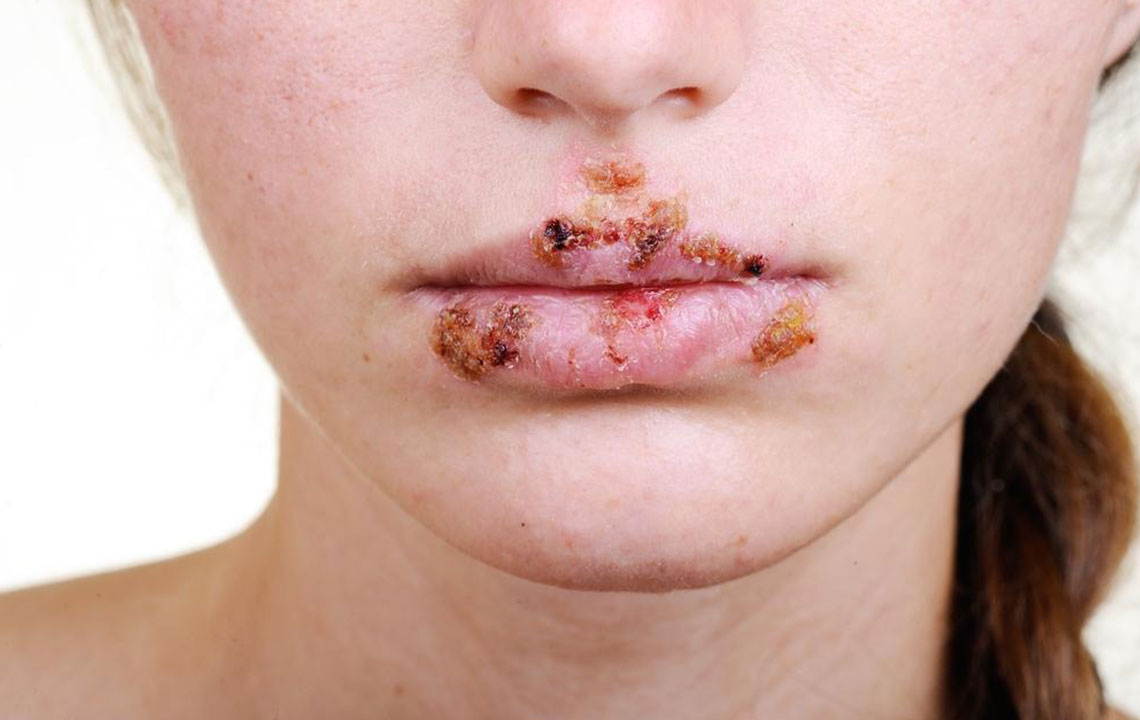Comprehensive Strategies for Managing and Preventing Herpes Outbreaks
Herpes simplex virus remains a common and manageable viral infection. Effective management combines antiviral medications, natural remedies, lifestyle changes, and preventive practices. This comprehensive guide provides insights into controlling outbreaks, reducing transmission risk, and supporting immune health to improve quality of life for herpes sufferers.

Effective Approaches for Herpes Management and Prevention
Herpes simplex virus (HSV) is a highly prevalent viral infection that affects millions worldwide. It is characterized by recurrent outbreaks of painful sores, blisters, and skin lesions. Understanding the nature of herpes, including its causes, symptoms, transmission methods, and available management strategies, is essential for those affected and for public health efforts aimed at reducing its spread.
Herpes is caused by two primary strains: HSV-1 and HSV-2. HSV-1 predominantly infects the oral region, leading to cold sores or fever blisters around the mouth, while HSV-2 mainly targets the genital area, resulting in genital herpes. However, both types are capable of causing either oral or genital infections through close contact, including kissing or sexual activity. Once infected, the virus retreats into nerve cells, remaining dormant for extended periods and reactivating periodically, often triggered by factors such as stress, illness, immune suppression, or hormonal changes.
The initial symptoms typically manifest within two weeks of exposure but can vary greatly among individuals. Common signs include tingling, itching, and discomfort at the affected site followed by the appearance of blisters that may break open, forming painful sores. These outbreaks can last from a few days to several weeks, during which the virus can be shed and transmitted even when symptoms are not visible. This asymptomatic shedding complicates prevention efforts and highlights the importance of proactive management.
Herpes management involves a multi-faceted approach that includes pharmaceutical treatments, natural remedies, lifestyle modifications, and behavioral precautions. The goal is primarily to reduce the frequency and severity of outbreaks, alleviate discomfort, and minimize transmission risk.
Medical Treatments for Herpes
Antiviral medications are the cornerstone of herpes treatment. Commonly prescribed drugs such as acyclovir, valacyclovir, and famciclovir work by suppressing viral replication, thereby decreasing outbreak frequency and duration. These medications are most effective when taken at the first sign of a prodrome — the initial tingling or itching sensation before sores appear — but can also be used daily as suppressive therapy for individuals with frequent outbreaks.
While antiviral drugs are effective, they may cause side effects like headaches, nausea, dizziness, or fatigue. Long-term use requires careful medical supervision to balance benefits and potential adverse effects.
Topical treatments, such as penciclovir cream or docosanol, can offer localized relief, reduce soreness, and promote healing. These are particularly useful during outbreak episodes but may be less effective than systemic antivirals for severe or recurrent cases. Pain management is also vital, with options including over-the-counter analgesics or soothing ointments.
Natural and Supportive Remedies
Many individuals seek complementary approaches to support herpes management. Natural remedies like consuming garlic, which has antiviral properties, may bolster immune defenses. Foods rich in vitamin C, such as citrus fruits, bell peppers, and strawberries, can strengthen the immune system and potentially reduce outbreak severity.
Applying soothing agents like aloe vera gel offers relief from skin irritation and promotes healing. Additionally, maintaining a healthy lifestyle through balanced nutrition, regular exercise, adequate sleep, and stress management is crucial in keeping the immune system robust.
Preventive Measures and Lifestyle Adjustments
Prevention of herpes transmission relies heavily on behavioral practices. Safe sexual practices — including consistent use of barrier methods like condoms and dental dams — significantly reduce the risk of spreading the virus. It is important to note that herpes can be transmitted even when no active lesions are present due to asymptomatic shedding.
Avoiding sharing personal items such as towels, razors, or lip balm is essential, particularly during outbreaks. Good personal hygiene and keeping affected areas clean and dry also help prevent secondary infections and facilitate quicker healing.
Incorporating immune-boosting foods like cinnamon, lemon, and olive oil may enhance overall immune function. Regular physical activity, adequate rest, and stress reduction techniques such as massage therapy, meditation, or yoga are beneficial in decreasing the frequency of herpes flares.
Psychological and Emotional Support
Living with herpes can impact mental health, leading to stress or anxiety about outbreaks and transmission risks. Psychological support, including counseling or joining support groups, can help individuals cope more effectively. Open communication with partners about herpes status fosters trust and promotes safer intimacy practices.
Future Outlook and Research
Although current treatments effectively manage herpes symptoms, there is no cure yet. Ongoing research aims to develop vaccines and novel antiviral therapies to prevent or eradicate the virus. Advances in gene editing and immune modulation are promising areas that may revolutionize herpes management in the future.
In conclusion, while herpes remains a manageable condition with current medical and lifestyle strategies, comprehensive approaches tailored to individual needs are essential for optimal control. Education about transmission, early intervention at the first signs of outbreaks, and proactive health choices can significantly improve quality of life for those affected.





